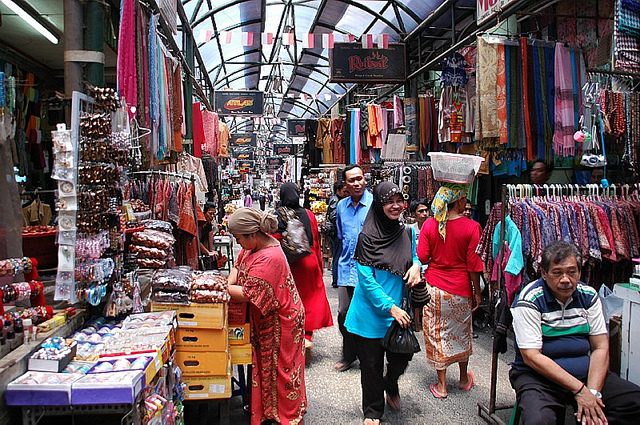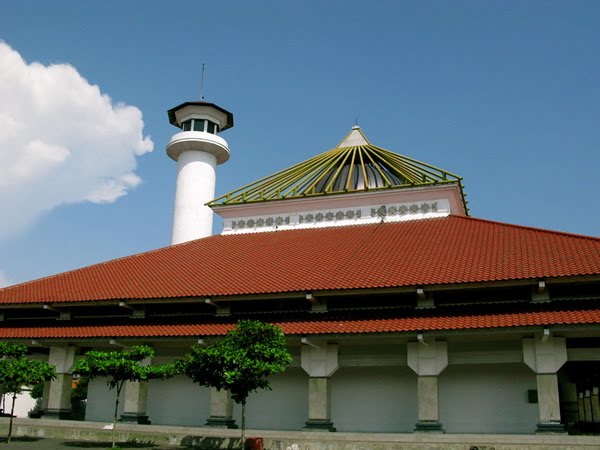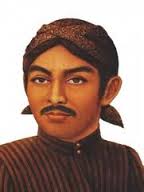|
By: Amalinda Savirani

The bus carrying our group of pilgrims pulled slowly out of the city of Malang. The list of places we were to visit over the next six days had left me breathless even before we began. Our schedule included thirty-seven stops, stretching from the east of the island of Java to the west, and then south to the cities of Banten and Tasikmalaya. From there, we were to return to Malang via the south coast of the island. Over six days and five nights I was to travel two thousand kilometers, in a non-air conditioned bus with a Muslim scarf plastered against my head. It made me tired just to think about it. But I’d already booked my ticket and so I was off.

Making a pilgrimage to the tombs of the wali songo is a tradition among many Javanese Muslims. It is undertaken throughout the year, but is particularly popular during rajab and sura, the first and seventh months of the traditional Javanese calendar. The term wali, meaning “holy person,” is of Islamic derivation, while songo is the Javanese word for nine. The nine holy people in question are those believed responsible for first spreading Islam throughout Java centuries ago. These holy men are referred to by the title “Sunan,” the etymological roots of which are unclear, although it may well derive from the Javanese word suhun, which means “respected.”
Whether there were actually nine men who brought Islam to Java is a matter of debate. Some interpretations claim there were more, some less. Nevertheless, most people count the nine wali as Sunan Ampel from Surabaya, Syekh Maulana Malik Ibrahim and Sunan Giri from Gresik, Drajat from Lamongan, Bonang from Tuban, Sunan Kudus from Kudus, Sunan Muria from Gunung Muria, Kalijaga from Demak, and Gunung Jati from Cirebon.
 Sunan Kalijaga
The pilgrimage I joined was organized by the Wali Songo Brotherhood of the villages of Jetis and Landungsari in the Dau sub-district of Malang. The Brotherhood’s Secretary and Treasurer, forty-six-year-old Pak Haji Khairi, explained that some villages boast as many as two or three such organizations. They offer not only six-day wali songo tour packages, but wali wolu (eight holy men) and wali limo (five holy men) packages as well. The wali wolu package is a two-day tour that travels as far as Demak on the north coast of Central Java, where Sunan Kalijaga is buried. The wali limo package is a one-day trip that stops at tombs located in East Java. There is also a two-day trip to Madura, and even one to Lampung, the southernmost province of the island of Sumatra, which runs for six days and seven nights.
Our group was led by a Haji (called a Kaji in Javanese)—a Muslim who has made the pilgrimage to the holy land of Mecca. Pak Haji Masykur was assisted by two other Hajis, Pak Kaji Khoiri and Pak Kaji Yusuf. Kaji Khoiri explained that in the 1970s, making the wali songo pilgrimage was seen by many Javanese to be much like making the pilgrimage to Mecca.
|